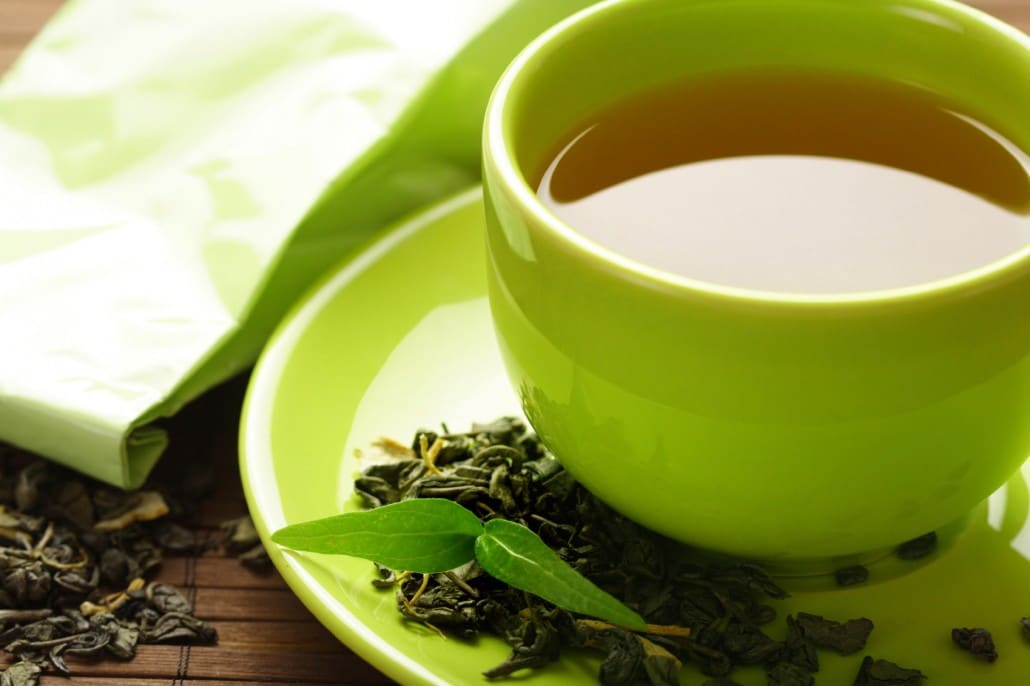Triphala - Ayurvedic Medicine For Weight Loss
Triphala (/tri:'f?:l?/ or /tri:'fæl?/; Hindi/Sanskrit: ???????, triphal? [tr?'p??la:], "three fruits") is an Ayurvedic herbal rasayana formula consisting of equal parts of three myrobalans, taken without seed: Amalaki (Emblica officinalis), Bibhitaki (Terminalia bellirica), and Haritaki (Terminalia chebula).
Medicinal use
In traditional Ayurvedic medicine, Triphala is used for:
- immune system stimulation
- improvement of digestion
- relief of constipation
- gastrointestinal tract cleansing
- relief of gas (carminative)
- treatment of diabetes
- treatment of eye disease
These health claims have not been yet tested in clinical trials on human. Even within the practice of Ayurvedic medicine, there are controversies about the composition (amlaki, haritaki and bibhitaki), preparation, and medicinal uses of Triphala, however, its effectiveness remain unaffected. Triphala has been reported to cause weight loss and to be useful in anemia, jaundice, constipation, cough, asthma, fever, chronic ulcers, leucorrhea, and pyorrhea. Preclinical studies have shown that Triphala is a potent free radical scavenger and possesses antioxidant, anti-inflammatory, antipyretic, analgesic, antibacterial, antimutagenic, adaptogenic, anticancer, and hypoglycemic effects.
Active constituents
The active constituents are unknown. Triphala contains several compounds that have been proposed to be responsible for its claimed health benefits, including gallic acid, chebulagic acid, and chebulinic acid.

Contemporary research on triphala
There is preliminary evidence that Triphala contains compounds with antioxidant properties in isolated cells and rats, however this has not yet been demonstrated in people. Triphala has significant immunostimulatory effects on cellular immune response, especially cytotoxic T cells and natural killer cells. Increases in the absolute number of these cells may provide a novel adjuvant therapy for HIV/AIDS positive people in terms of immunological improvement. Triphala extract significantly prevents selenite induced experimental cataractogenesis in vitro and in vivo for rats. Recently, triphala's active ingredient chebunilic acid have been found to have the anti-tumour activity through suppression of vascular endothelial growth factor-A (VEGF) action.

See also
- Ayurveda
- Rasayana

References
Interesting Informations
Looking products related to this topic, find out at Amazon.com
Source of the article : here












0 komentar :
Your comments